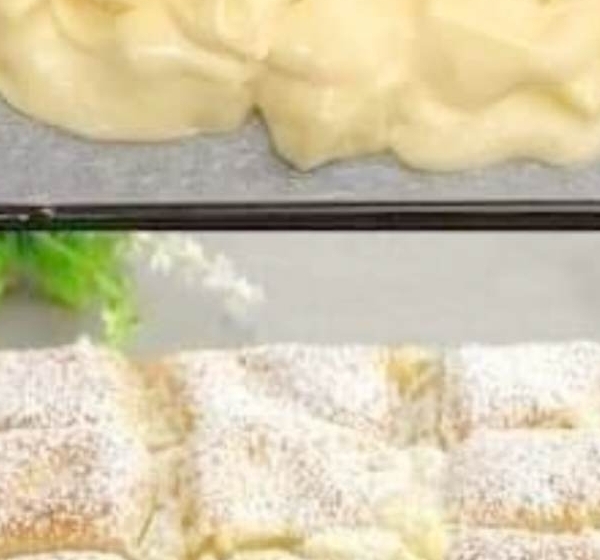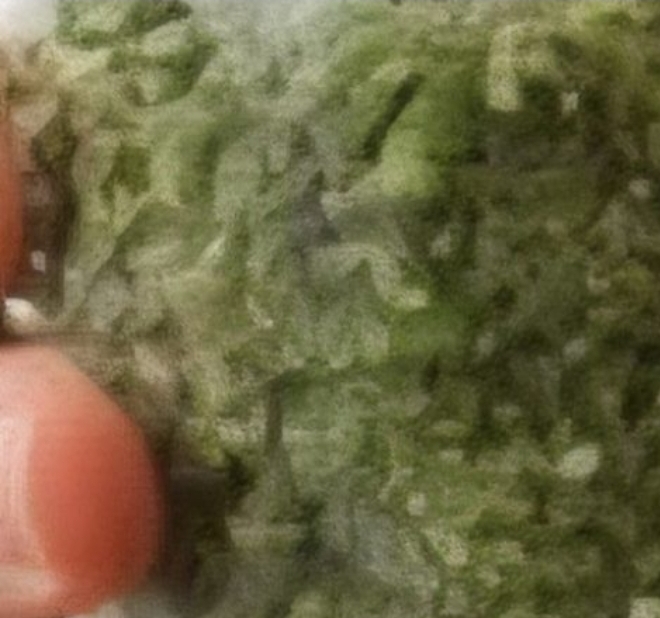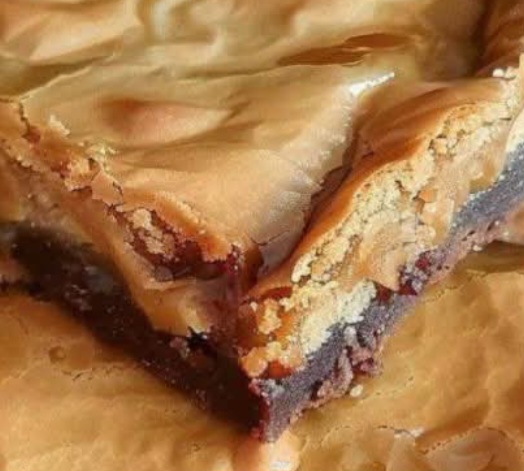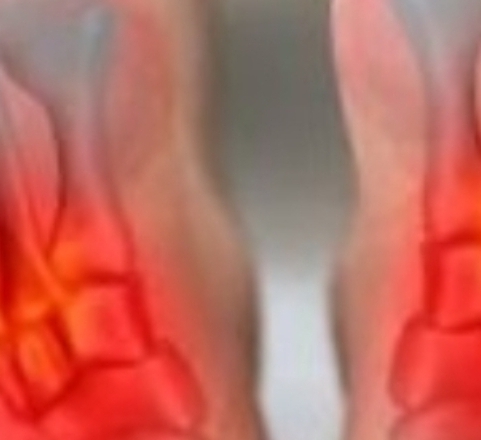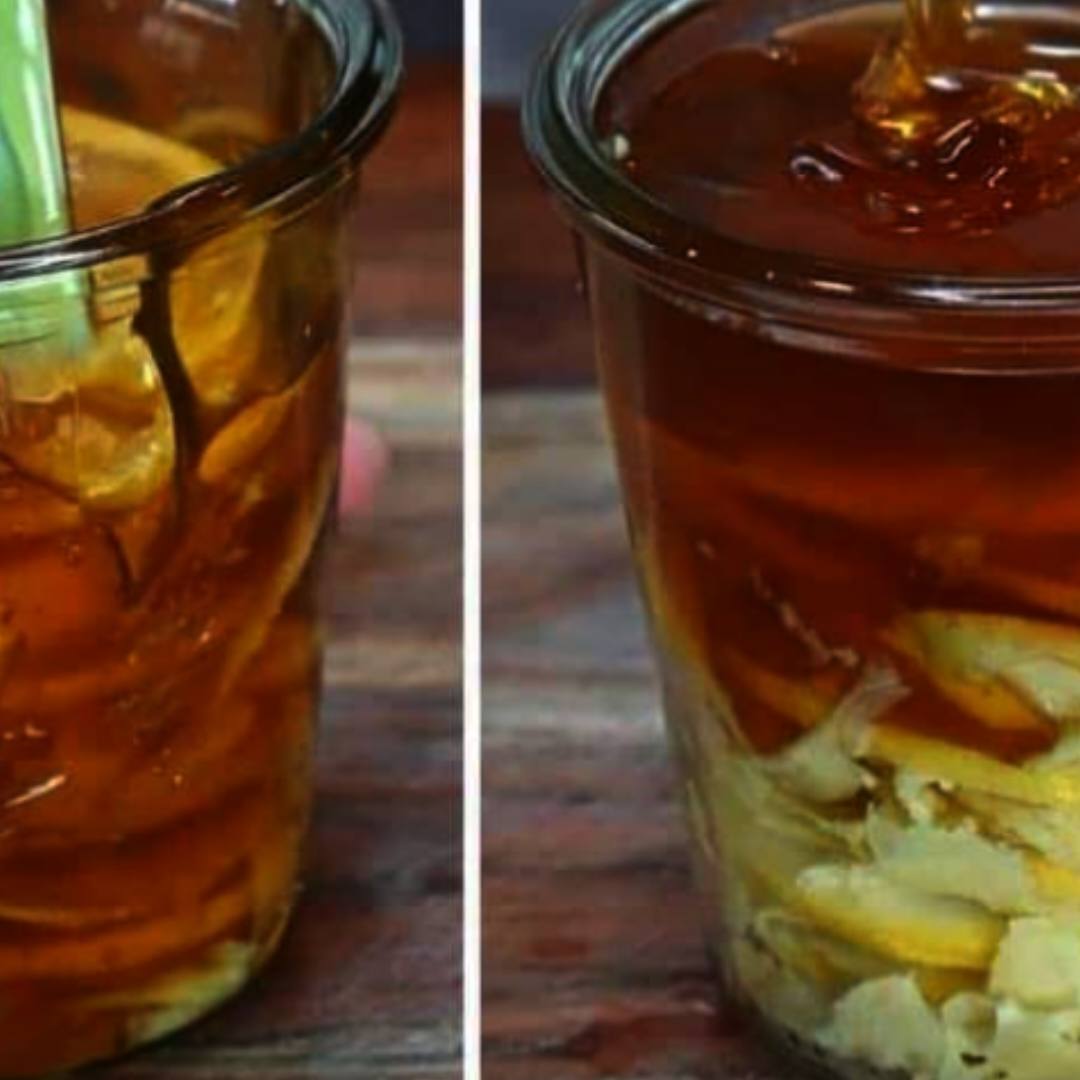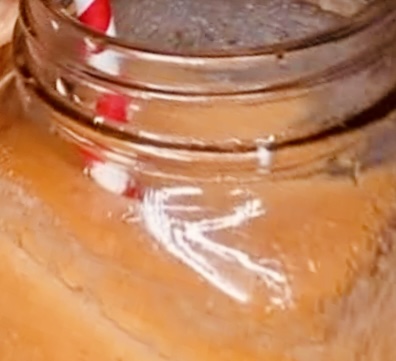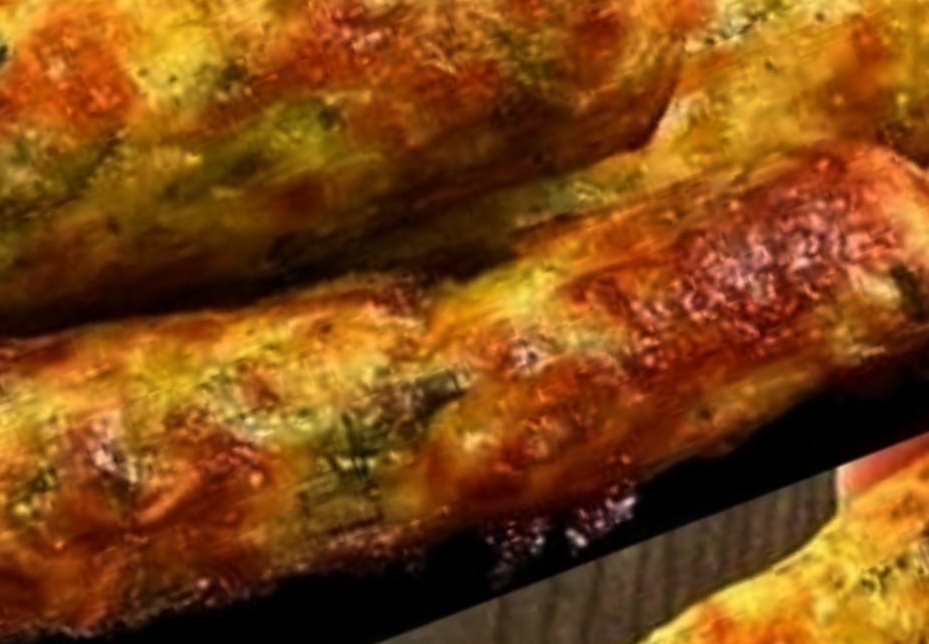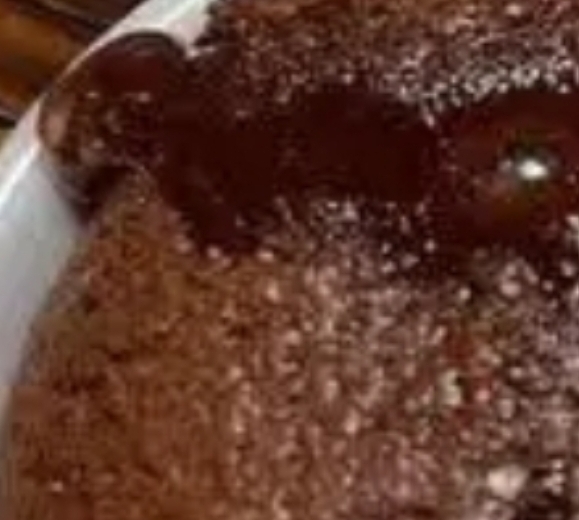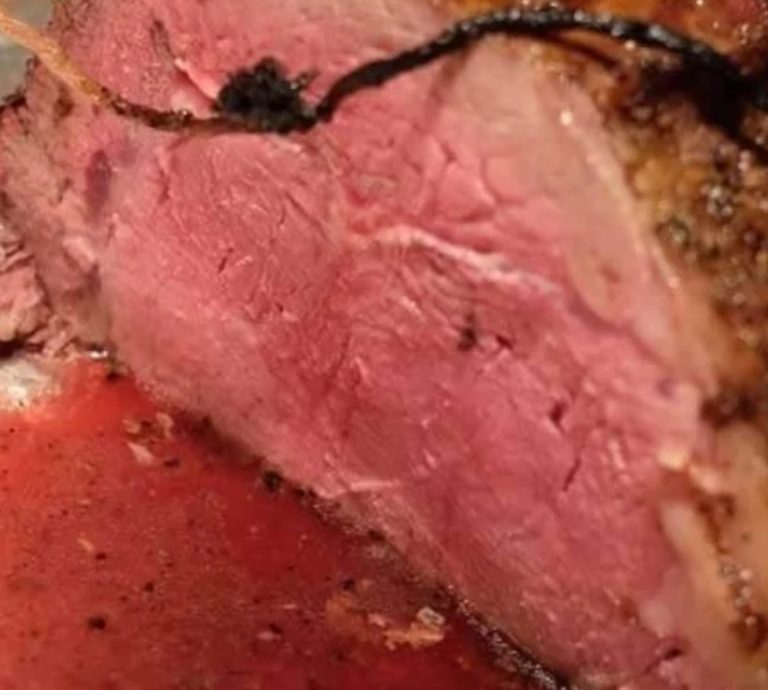Horsetail Tea: The Plant That Defies Death – A Natural Killer of Bacteria, Fungi, and Inflammatory Processe
Horsetail (Equisetum arvense) is a powerful medicinal herb with a long history of use in traditional medicine. Known for its…
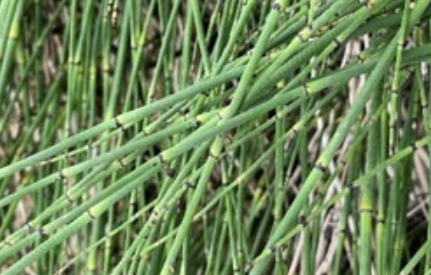
Horsetail (Equisetum arvense) is a powerful medicinal herb with a long history of use in traditional medicine. Known for its strong antibacterial, antifungal, and anti-inflammatory properties, horsetail tea is often referred to as a natural remedy that helps the body combat various health issues. Here’s why horsetail is so effective and how you can use horsetail tea to benefit your health.
Why Horsetail Tea Is So Powerful
1. Antibacterial Properties
- How It Works: Horsetail contains compounds such as silica, flavonoids, and saponins, which contribute to its potent antibacterial effects. These compounds help inhibit the growth of harmful bacteria, making horsetail tea a valuable natural remedy for preventing and treating infections.
- How to Use: Drinking horsetail tea can help fight internal bacterial infections, and applying it topically can cleanse wounds and prevent bacterial growth.
2. Antifungal Effects
- How It Works: The antifungal properties of horsetail are primarily due to its rich content of silica and other bioactive compounds. These components help inhibit the growth of fungi, making horsetail effective against conditions like athlete’s foot, fungal nail infections, and candida overgrowth.
- How to Use: Horsetail tea can be used as a foot soak to treat fungal infections, or the cooled tea can be applied directly to the skin to address fungal issues.
3. Anti-Inflammatory Benefits
- How It Works: Horsetail is rich in antioxidants, including flavonoids and phenolic acids, which help reduce inflammation in the body. Chronic inflammation is linked to a wide range of diseases, including arthritis, heart disease, and autoimmune disorders. By reducing inflammation, horsetail tea can help alleviate symptoms and support overall health.
- How to Use: Regular consumption of horsetail tea can help reduce inflammation throughout the body, providing relief from conditions such as arthritis and inflammatory skin conditions like eczema and psoriasis.
How to Make Horsetail Tea
Ingredients:
- 1-2 teaspoons of dried horsetail herb
- 1 cup of boiling water
- Honey or lemon (optional, for taste)
Instructions:
- Boil the Water:
- Bring a cup of water to a boil.
- Prepare the Tea:
- Place 1-2 teaspoons of dried horsetail herb into a tea infuser or directly into a cup.
- Steep the Tea:
- Pour the boiling water over the horsetail herb. Allow the tea to steep for 10-15 minutes. The longer it steeps, the stronger the tea will be.
- Strain and Serve:
- If you’ve steeped the loose herb directly in the water, strain the tea to remove the herb. Add honey or lemon if desired, and enjoy.
Health Benefits of Horsetail Tea
1. Supports Wound Healing
- Horsetail’s antibacterial and anti-inflammatory properties make it an excellent remedy for treating and cleansing wounds. Applying cooled horsetail tea to minor cuts and abrasions can help prevent infection and speed up the healing process.
2. Strengthens Bones and Joints
- Horsetail is rich in silica, a mineral essential for the health of bones, hair, skin, and nails. Drinking horsetail tea regularly can help strengthen bones and joints, reduce the risk of osteoporosis, and promote the growth of strong, healthy hair and nails.
3. Promotes Urinary Tract Health
- Horsetail is a natural diuretic, meaning it increases urine production, helping to flush out toxins and bacteria from the urinary tract. This can help prevent and treat urinary tract infections (UTIs) and support overall kidney health.
4. Alleviates Respiratory Issues
- The anti-inflammatory and antimicrobial properties of horsetail can help soothe respiratory conditions like bronchitis, coughs, and asthma. Drinking horsetail tea can reduce inflammation in the respiratory tract and help clear mucus.
5. Improves Skin Health
- Horsetail’s silica content is beneficial for maintaining healthy, youthful skin. Drinking horsetail tea can help improve skin elasticity, reduce wrinkles, and support the healing of skin conditions like eczema and acne.
Tips for Best Results
- Consistency: For optimal benefits, incorporate horsetail tea into your daily routine. Regular consumption will help you experience the full range of its healing properties.
- Combine with Other Herbs: Horsetail tea can be combined with other herbs like nettle or dandelion for a more comprehensive health tonic.
- Patch Test for Skin Use: If you plan to use horsetail tea topically, do a patch test on a small area of skin first to ensure you don’t have any sensitivities.
Precautions
- Avoid During Pregnancy: Horsetail should not be used during pregnancy or breastfeeding due to its diuretic effects and potential for high levels of thiaminase, an enzyme that breaks down thiamine (vitamin B1).
- Consult Your Doctor: If you have any underlying health conditions, particularly related to the kidneys, or are taking medications, consult your healthcare provider before using horsetail tea.
- Limit Long-Term Use: Because horsetail is a strong diuretic, it’s best to use it in moderation and avoid long-term continuous use without breaks.
Conclusion
Horsetail tea is a powerful natural remedy that offers a wide range of health benefits, from fighting bacteria and fungi to reducing inflammation and promoting bone health. Known as a “killer” of harmful microorganisms and a supporter of overall wellness, horsetail is a valuable addition to any natural health regimen. By incorporating horsetail tea into your daily routine, you can harness the strength of this ancient plant to protect and enhance your health.
What's Your Reaction?








